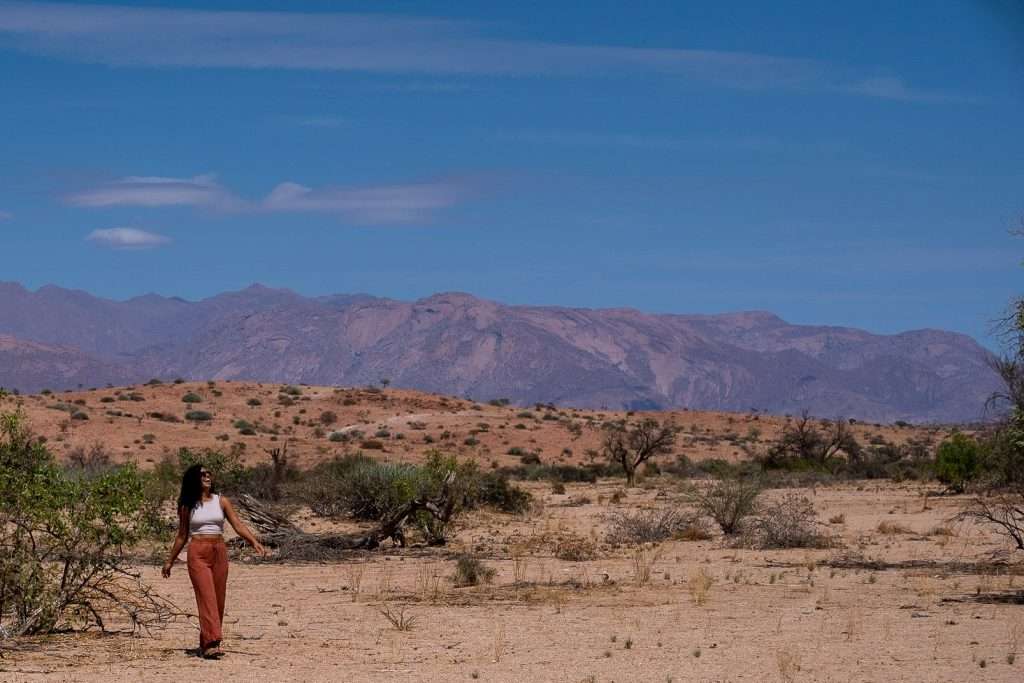
Current Situation: A Complex Landscape
The security situation in Ethiopia is dynamic and varies significantly by region. While some areas are relatively stable and welcoming to tourists, others are experiencing ongoing conflict. Key factors to consider include:
- Regional Conflicts: The Tigray region has been the epicenter of significant conflict, but tensions and localized clashes have also occurred in other regions like Amhara and Oromia. These conflicts can disrupt travel and pose safety risks.
- Political Instability: Political tensions and ethnic divisions contribute to the overall instability. Demonstrations and protests, while sometimes peaceful, can escalate and turn violent.
- Travel Advisories: Governments worldwide issue travel advisories to their citizens, providing updates on safety and security risks in different countries. These advisories should be consulted regularly before and during your trip. For instance, the U.S. State Department and the UK Foreign, Commonwealth & Development Office provide detailed risk assessments.
Regions To Be Cautious About
Certain regions require extra caution due to heightened security risks. It is essential to be aware of the following:
- Tigray Region: Due to the recent conflict, access to Tigray is restricted, and the security situation remains volatile. Travel is strongly discouraged unless absolutely necessary.
- Amhara Region: While generally more stable than Tigray, parts of Amhara have seen increased tensions and armed clashes. Check for up-to-date information before traveling.
- Oromia Region: Some areas in Oromia have experienced unrest and security concerns. Exercise caution and avoid traveling to areas known for conflict.
- Border Areas: Border regions with neighboring countries can be prone to security risks.
Areas That Are Generally Considered Safe
Despite the challenges, many parts of Ethiopia remain relatively safe for tourists. These areas include:
- Addis Ababa: The capital city is generally considered safe, though petty crime can occur. Exercise standard precautions like avoiding walking alone at night and safeguarding your belongings.
- Tourist Sites in the Southern Nations, Nationalities, and Peoples’ Region (SNNPR): Many tourist destinations in the SNNPR, known for their unique cultures and landscapes, are generally safe, but it’s crucial to verify the current situation before traveling.
- Major Tourist Routes: Main tourist routes are often well-guarded and monitored, but it’s always wise to stay informed and vigilant.
Tips for Safe Travel in Ethiopia
If you decide to travel to Ethiopia, consider these safety tips:
- Stay Informed: Monitor news reports, travel advisories, and local information sources to stay updated on the current situation.
- Register with Your Embassy: Registering with your embassy allows them to contact you in case of an emergency.
- Travel with Reputable Tour Operators: Reliable tour operators have local knowledge and can provide safe and well-planned itineraries.
- Avoid Demonstrations and Large Gatherings: Stay away from areas where demonstrations or large gatherings are taking place.
- Respect Local Customs: Dress modestly and be respectful of local customs and traditions.
- Be Aware of Your Surroundings: Pay attention to your surroundings and be vigilant about potential risks.
- Secure Your Valuables: Keep your valuables secure and avoid displaying expensive jewelry or electronics.
- Consider Travel Insurance: Ensure your travel insurance covers medical emergencies, evacuation, and trip cancellations.
Conclusion
Visiting Ethiopia right now requires careful consideration and planning. While the country offers incredible cultural and natural attractions, certain regions face ongoing security challenges. By staying informed, exercising caution, and following safety guidelines, you can mitigate risks and make an informed decision about whether traveling to Ethiopia is right for you. Always prioritize your safety and well-being and remain flexible with your travel plans.























